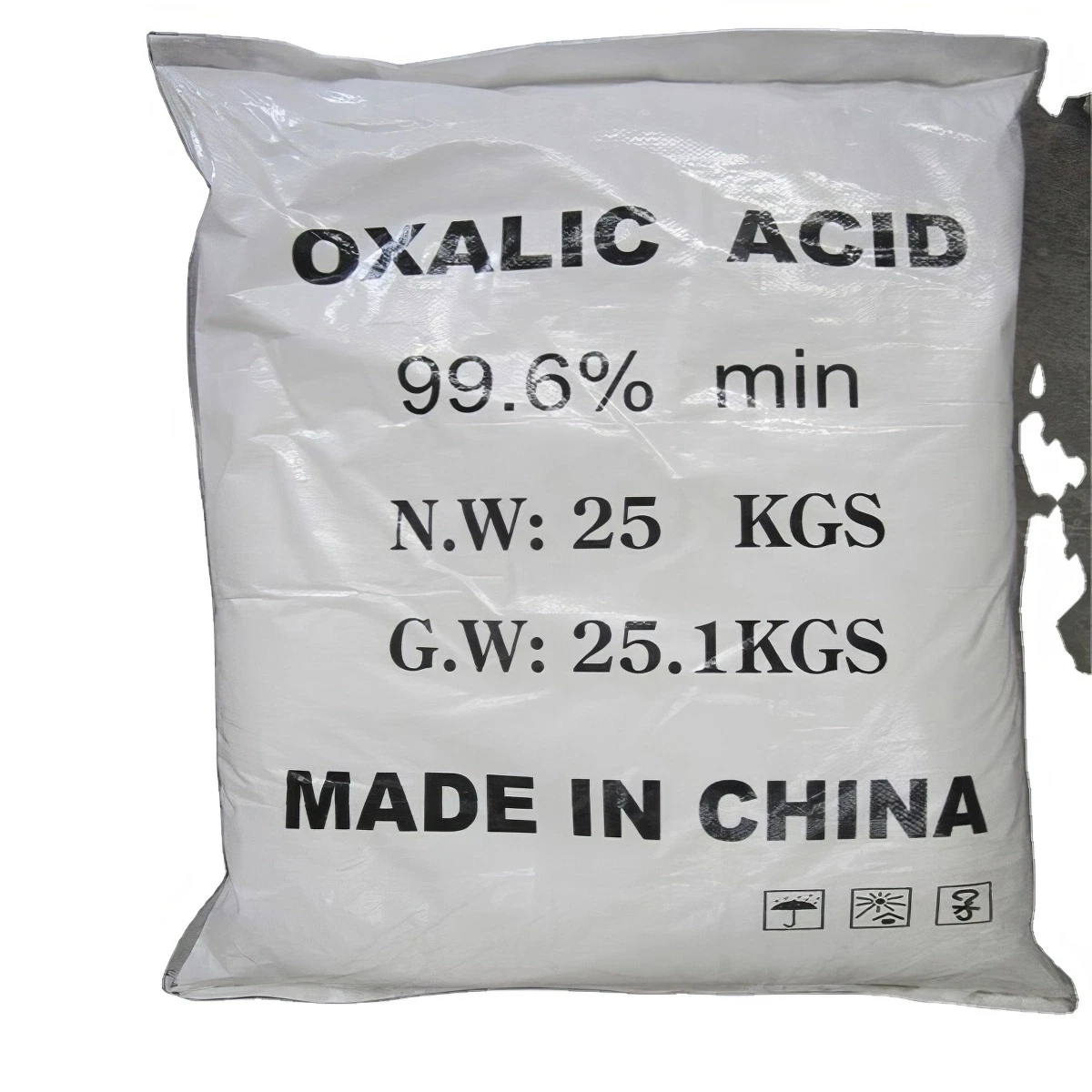



coagulation in water treatment pdf
Coagulation in Water Treatment An Essential Process for Clean Water
Water treatment is a critical process for ensuring that the water we consume is safe and free from harmful contaminants. Among the various methods used in water purification, coagulation stands out as a fundamental operation that significantly enhances water quality. This article explores the coagulation process, its significance in water treatment, and its impact on public health.
Coagulation is the process of agglomerating suspended particles in water to form larger aggregates, known as flocs. These particulates include colloids, microorganisms, silt, and organic matter, which are often too small to be removed through conventional filtration. The coagulation process typically involves the addition of coagulants—chemical agents like aluminum sulfate (alum), ferric chloride, or polyaluminum chloride—to the water. These chemicals neutralize the electrical charge on the particles, allowing them to clump together and precipitate out of the water.
Coagulation in Water Treatment An Essential Process for Clean Water
One of the most significant advantages of coagulation is its effectiveness in removing turbidity from water. High turbidity can be caused by a variety of suspended particles, including clay, silt, and microorganisms. Excess turbidity can harbor pathogens and chemicals, making water unsafe for consumption. By removing these particles through coagulation, the risk of waterborne diseases, such as cholera and giardiasis, is significantly reduced. Moreover, the process also aids in reducing the levels of dissolved organic materials, which can lead to the formation of harmful byproducts during disinfection.
coagulation in water treatment pdf

The choice of coagulant is crucial and is determined by factors such as water chemistry, the types of particles present, and the desired treatment goals. For instance, alum is often preferred in municipal water treatment due to its effectiveness and cost-efficiency. However, the use of different coagulants can also influence the formation of byproducts. It is vital to monitor and optimize the coagulation process to address the specific needs of the water being treated.
Coagulation does not operate in isolation; it is generally part of a comprehensive water treatment strategy that includes flocculation, sedimentation, filtration, and disinfection. Each of these processes plays a vital role in ensuring the removal of contaminants and the provision of clean, safe drinking water. For example, following sedimentation, filtration can remove any remaining flocs and other small particles, while disinfection processes, such as chlorination or ultraviolet (UV) treatment, eradicate pathogens that may remain.
The impact of effective coagulation on public health cannot be overstated. Clean water is essential for preventing diseases, promoting overall health, and supporting economic development. In regions where waterborne illnesses are prevalent, the implementation of effective coagulation and water treatment practices can lead to significant improvements in health outcomes and quality of life.
In conclusion, coagulation is a vital step in the water treatment process, effectively removing pollutants and improving water quality. By understanding and optimizing this process, water treatment facilities can ensure the delivery of safe drinking water to communities. As we face ongoing challenges related to water quality and access, the importance of effective coagulation in maintaining public health and environmental sustainability continues to grow. Engaging with innovative treatment technologies and practices will be crucial for addressing future water challenges and securing clean water for all.
-
Why Sodium Persulfate Is Everywhere NowNewsJul.07,2025
-
Why Polyacrylamide Is in High DemandNewsJul.07,2025
-
Understanding Paint Chemicals and Their ApplicationsNewsJul.07,2025
-
Smart Use Of Mining ChemicalsNewsJul.07,2025
-
Practical Uses of Potassium MonopersulfateNewsJul.07,2025
-
Agrochemicals In Real FarmingNewsJul.07,2025
-
Sodium Chlorite Hot UsesNewsJul.01,2025










